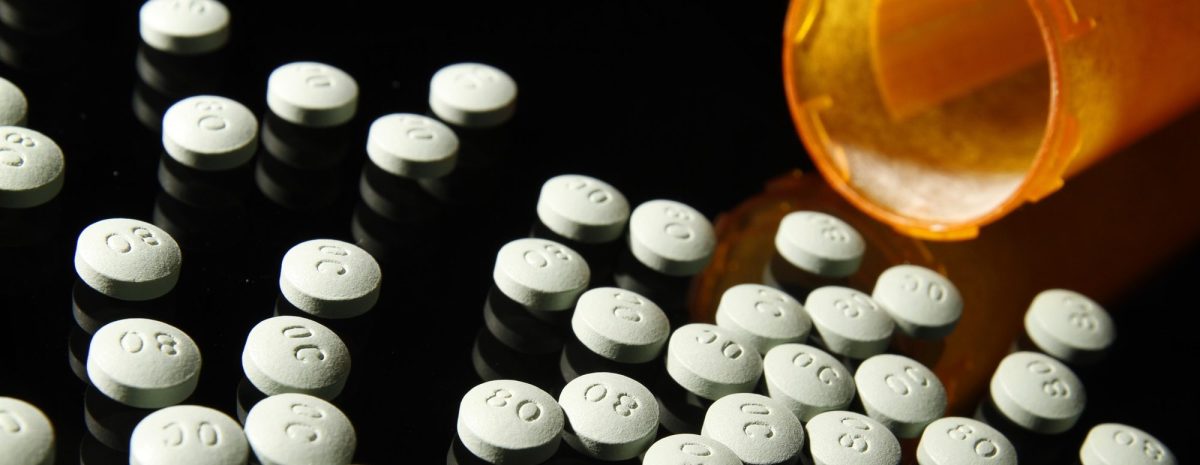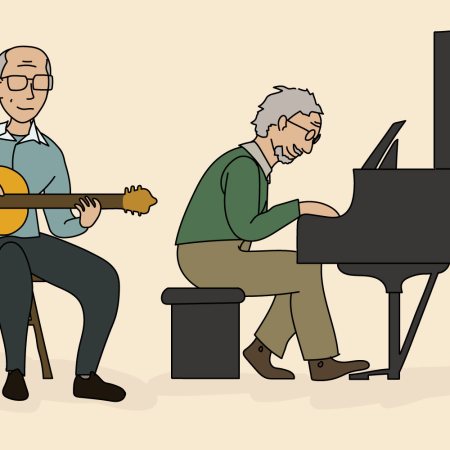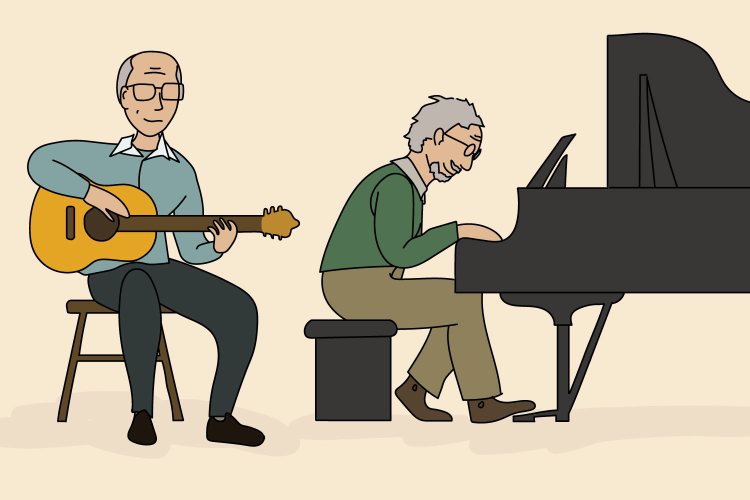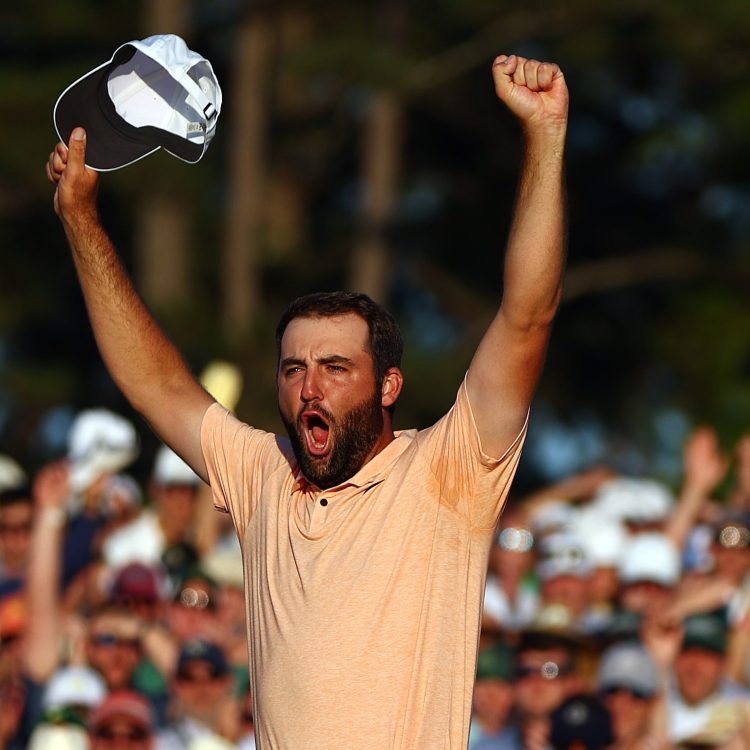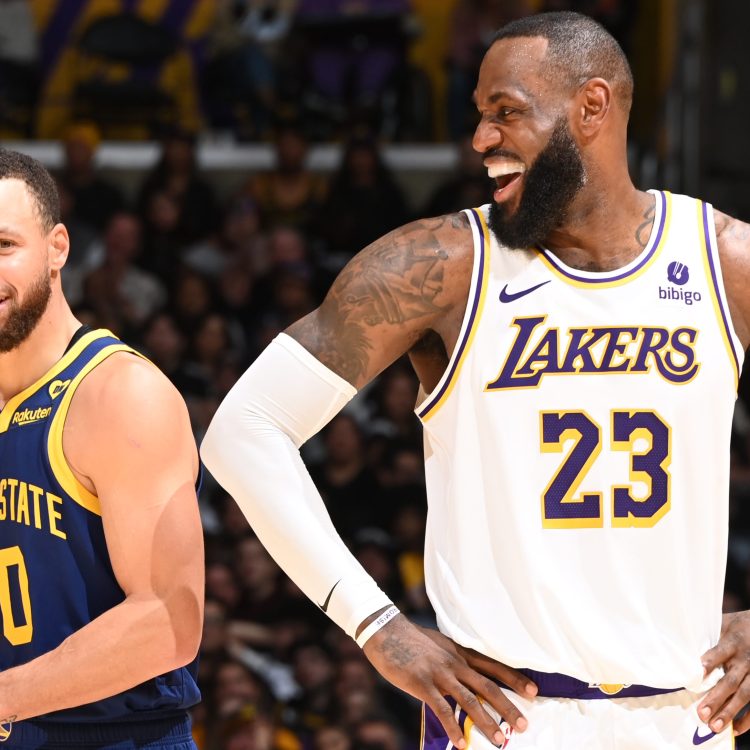A former high school wrestler is grappling with his criminal past as a member of a notorious teenage ring of OxyContin dealers by telling his story in a new “true crime memoir.”
Douglas Dodd, now 29, recently spoke to Rolling Stone about his new book, Generation Oxy: From High School Wrestlers to Pain Pill Kingpins, which chronicles his role in the notorious Barbaras Criminal Enterprise.
Named after Dodd’s best friend, Lance Barabas, and including many of the pair’s high school wrestling buddies, the ring hauled in an estimated $40,000 worth of “roxies” and “oxys” per month shipped through FedEx and UPS to Florida — soon expanding into Tennessee, New York and Alaska. But that lifestyle wouldn’t last: Dodd, who had developed his own oxy addiction, landed in prison in 2010 and served four years behind bars.
“Federal prosecutors would later call us one of the largest suppliers of the ever-increasing oxycodone epidemic,” Dodd wrote in his book.
Rolling Stone famously covered the case in a 2015 article, “The Dukes of Oxy,” which is now being adapted into a movie.
Having gone into construction since his release, Dodd ditched the drug and takes responsibility for his past actions. But he says there is plenty of blame to go around.
“I wanted to write the book because I was thinking about redemption. I started writing the book three and a half years ago and I wanted to get it out during the OxyContin craziness of today,” he told Rolling Stone. “I wanted to write about how the pharmaceutical companies, the FDA, the DEA, and the politicians are all complicit. They are literally profiting off of drugs and kids are going to prison.”
In particular, he points the finger at Purdue Pharma, the manufacturer of OxyContin, for pushing doctors to write more prescriptions for the pain killer than necessary.
“Eighteen-year-olds shouldn’t be able to get prescriptions from a doctor,” Dodd told the magazine. “I’m not taking away that what we did was wrong but at the same time, we were addicts. We liked to get high. We were partying. The opportunity to sell presented itself and it was too good to pass up.”
This article was featured in the InsideHook newsletter. Sign up now.
